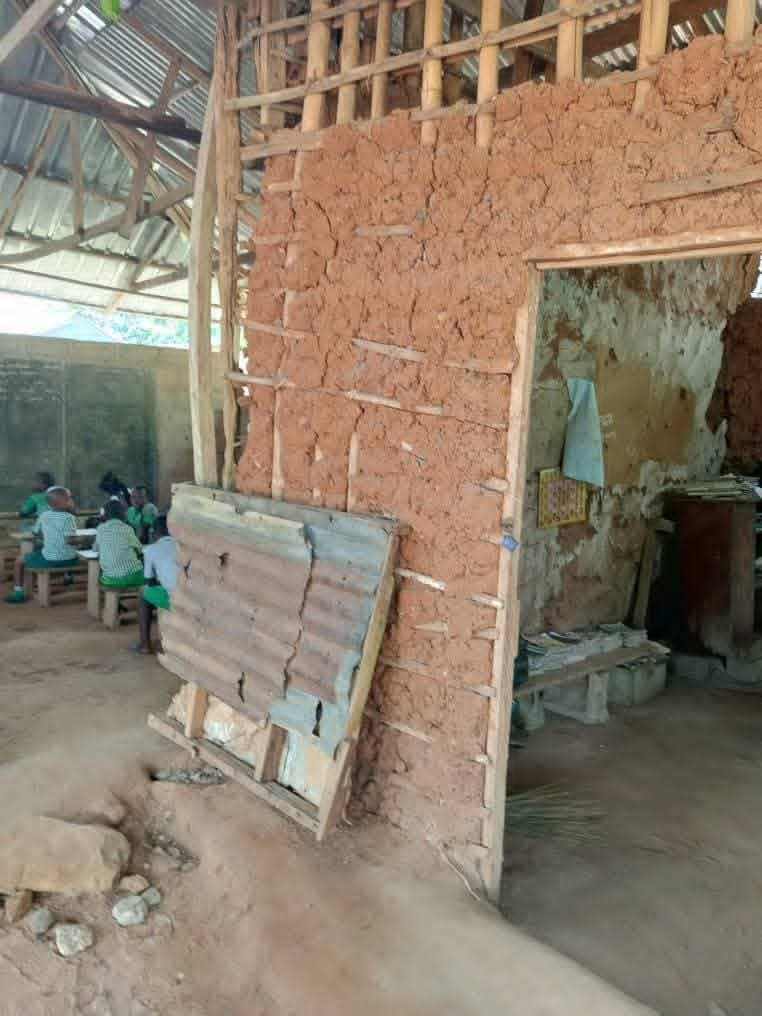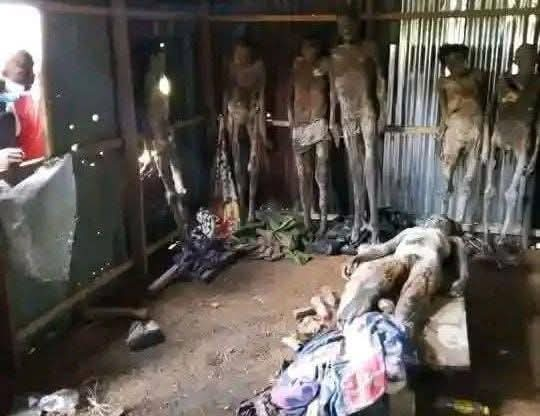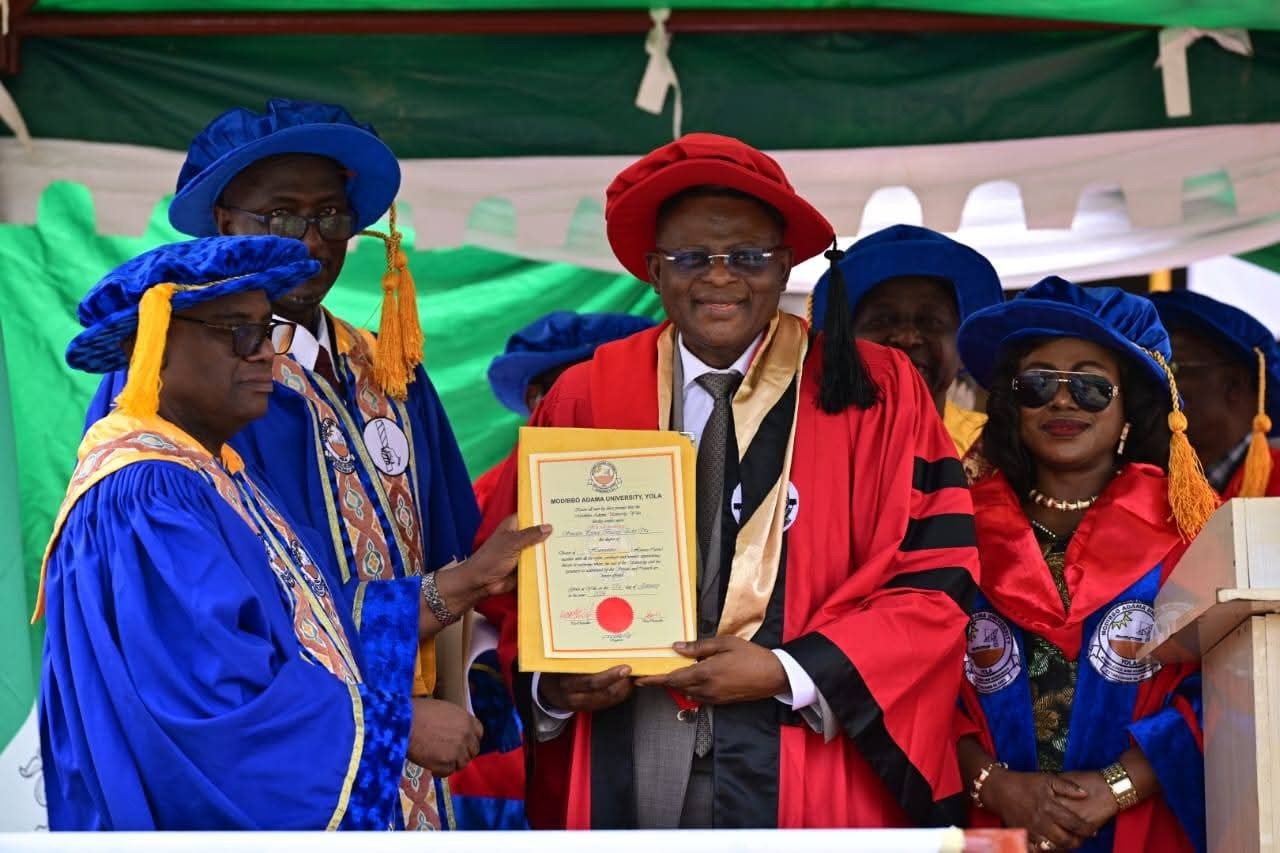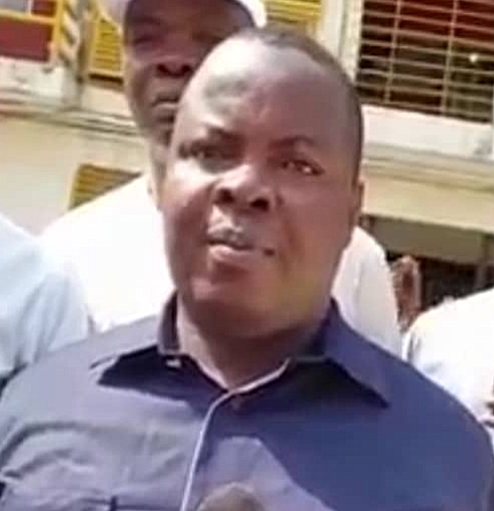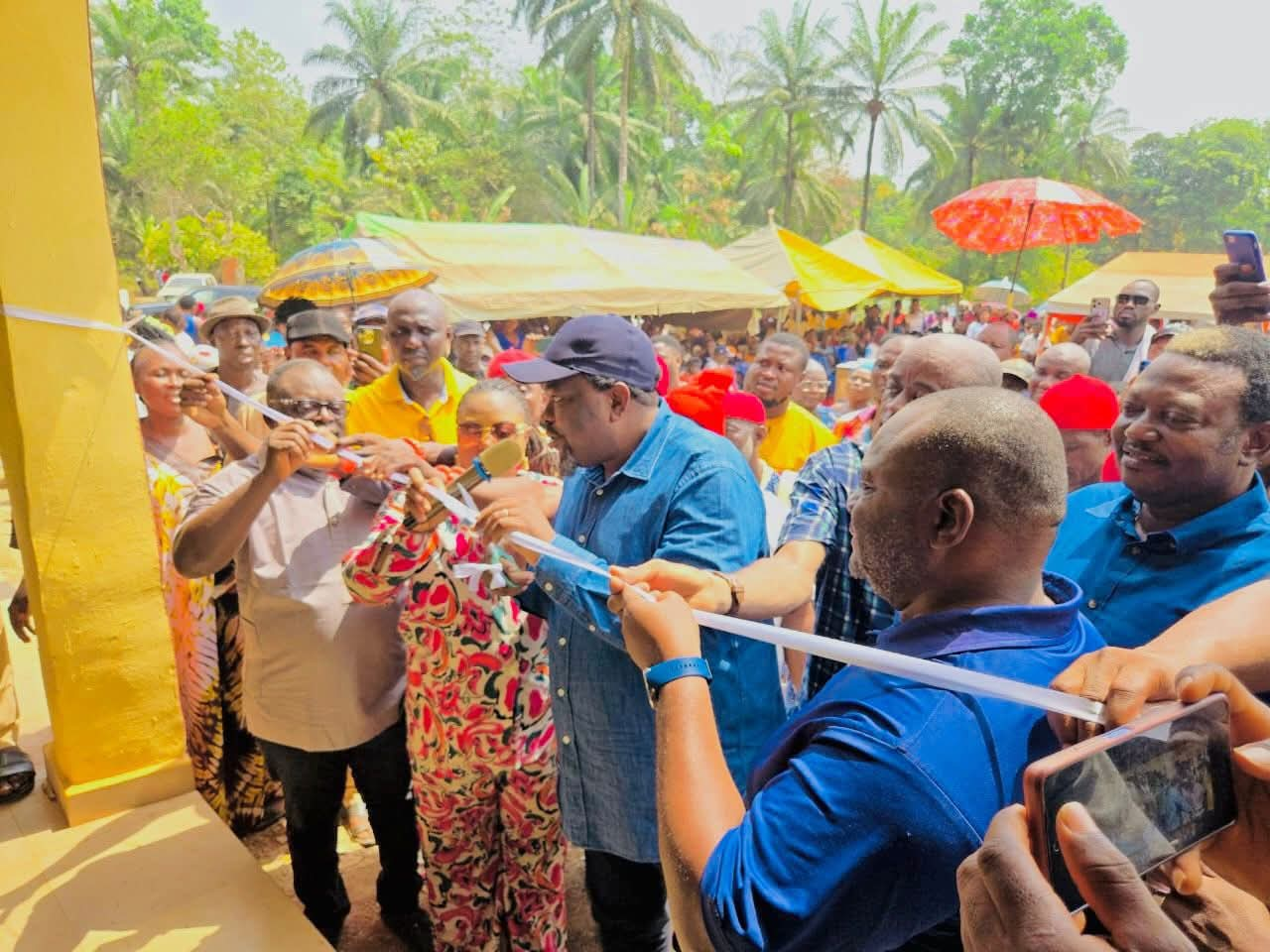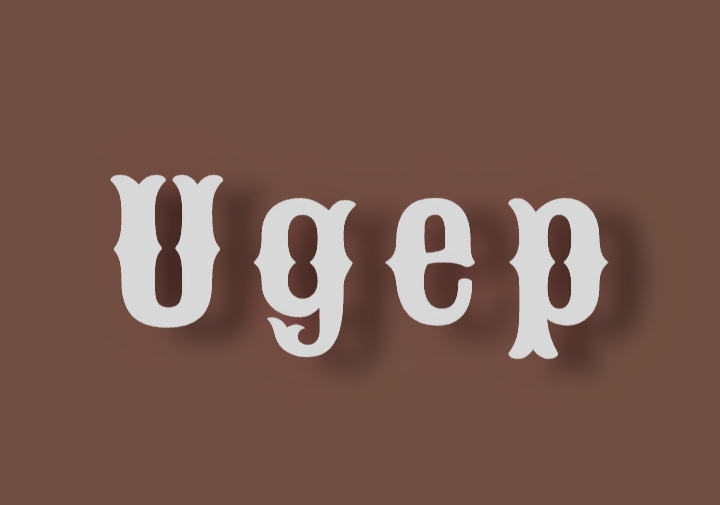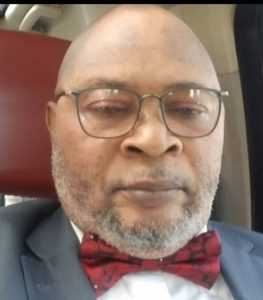
The road to Ugep, in better-governed countries, should have been a ten-hour love affair between man and landscape, a smooth, lazy dance of asphalt from Abuja’s orderly chaos into the green bosom of home. But this is Nigeria, my friend, where even a simple road trip can audition for a Nollywood tragedy. Mine became a two-day comedy-drama, co-produced by the Ministry of Bad Roads and the Department of National Disappointment.
We began on Thursday. My personal car purred like a loyal cat until just before the airport, where it coughed, groaned, and died like a Nollywood actor in the final scene. It was a coup in the engine room; my own chariot had turned rebel. I waved my companions on: Professor Ikpi Winter (a man whose artistic brain could calculate the exact humidity on Jupiter), Pastor Dickson Efa (who wore faith like a bulletproof vest), Gill Edet (my brother in mischief), and Mr. Ofem Arab (with a tongue sharper than mosquito teeth). I told them to roar off towards Ugep. I limped back home, promising to rejoin them.
Friday morning found me in a Calculux Motors bus , a relic that smelled faintly of engine oil, fear, and roasted groundnuts. From Keffi to Nasarawa, the “road” was nothing more than Africa’s largest archaeological site. The potholes had history; some could qualify for UNESCO heritage status.
Then came Otukpa–Ogbolafor–Eha-Amufu, where asphalt had clearly been killed in cold blood. Eleven kilometers before Eha-Amufu, the Siena bus took one look at the road, shook its steering wheel in despair, and gave up living. We were now guests in the Kingdom of Bandits and Fulani Herdsmen.
While my fellow passengers rehearsed silent prayers, a lone bike man appeared, not a rescue truck, not the army, just this man on a motorcycle older than democracy. Gill and I climbed on. The poor bike groaned like a pensioner asked to run a marathon. Every turn felt like a spin of the wheel of fortune: kidnap or no kidnap?
By the time we reached Abakaliki, night had crept in like a suspicious neighbor. And that’s when the real comedy began.
Every hotel was full. The city was hosting its usual Friday night carnival of “No Bed Anywhere.” Finally, we stumbled upon a private guest house, run by an elderly man who looked like Methuselah but walked like a cat burglar. He had two female attendants , tall, smiling, suspiciously over-friendly. My investigative instincts concluded they were not just staff; these were his sex orchids, blooming under the fluorescent light of entrepreneurial affection.
The room cost eight thousand naira. For that price, I expected at least a bed that didn’t squeak like a rat meeting its maker. Instead, I got a mattress so thin it could be rolled like suya. The mosquitoes were well-trained debt collectors; they didn’t just bite they negotiated payment terms in advance.
Through the paper-thin walls, I could hear the old manager’s booming laughter and the high-pitched giggles of the orchids, punctuated by the occasional “Ah, Daddy!”. My God, the man was running both a guest house and a romantic ministry.
I texted my wife and my son my exact location, partly for safety, partly so they know I was in a place where romance was clearly an occupational hazard. Sleep? That fragile bird had flown to another continent.
The following morning, salvation arrived in the form of a Peugeot 504 station wagon, manufactured in 1976 ,the same year I gained admission to the University of Calabar. Its paint was faded, and its suspension squeaked the national anthem, but it carried me the final leg to Ugep. In that rickety vehicle, I met very exciting people who were also traveling to Ugep for the same purpose of attending the funeral ceremony of late Professor Ibiang Oden Ewa. One of the people I met in the vehicle was Dr. Nnena who teaches history and strategic studies in the same university where late Professor Ewa taught. In this company, I forgot the travails of the previous night
I arrived at Ugep not just as a traveler but as a survivor of Nigeria’s great road comedy , proof that in this country, even suffering can be hilarious, if only to keep us from crying.
Eno, PhD, wrote in from Abuja, Nigeria.


